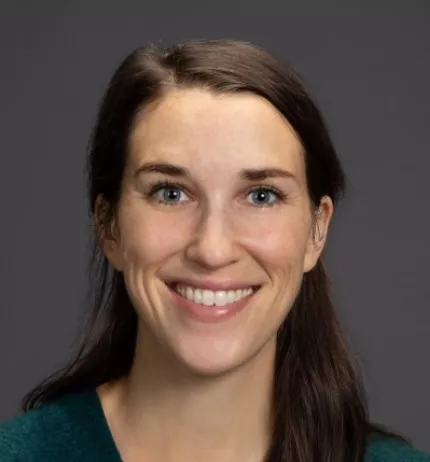
Research Fellow, International Security Program
Email: elizabethgood@hks.harvard.edu
79 John F. Kennedy Street
Mailbox 134
Cambridge, MA 02138
Elizabeth Good is an International Security Program Pre-Doctoral Fellow at the Harvard Kennedy School's Belfer Center, a Social Sciences and Humanities Research Council Doctoral Fellow, a Ph.D. candidate at Northwestern University, and a former Program on Negotiation Fellow at Harvard Law School. Her research uses mixed-methodology to explore women's representation in peace processes. She questions what conditions lead women to advocate for women and studies the influence of gendered power dynamics on women's involvement in peace negotiations and the inclusion of provisions for women in final agreements.
Elizabeth holds an M.A. in Political Science and a B.A. in International Relations and Geography from the University of British Columbia. She has worked for various Non-Governmental and International Organizations, including the United States Agency for International Development in Ghana as a Gender Consultant and the United Nations Development Programme in Kosovo as a Gender Specialist.
